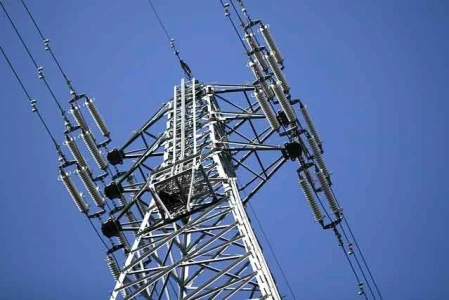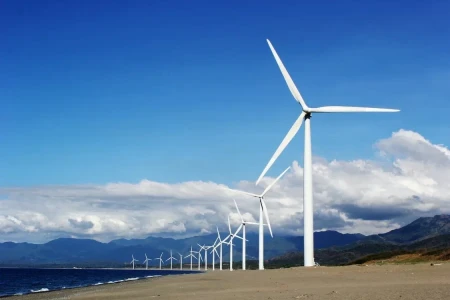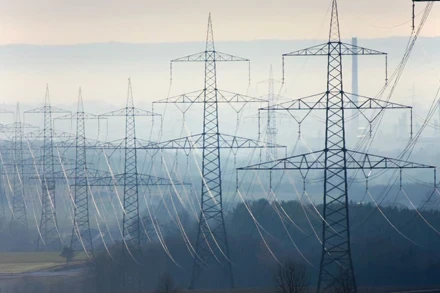Tropical Forests and Soil Carbon Loss: A Growing Concern

Recent research has unveiled troubling new insights into how tropical forests, often hailed as the lungs of our planet, are contributing to soil carbon loss at unprecedented rates. A study published in September 2024 has highlighted that tropical forests are experiencing a significant increase in soil carbon emissions, challenging previous assumptions about their role in combating climate change.
The Crucial Role of Tropical Forests
Tropical forests are vital for global climate regulation. They store vast amounts of carbon in their vegetation and soil, making them key players in mitigating climate change. These forests, which cover about 7% of the Earth's land surface, act as a carbon sink by absorbing carbon dioxide from the atmosphere and storing it in plant biomass and soil.
However, recent findings suggest that this crucial function may be at risk. The study reveals that soil carbon losses in tropical forests have been rising steadily, a trend that could undermine the forests’ ability to sequester carbon and contribute to global warming. This new evidence indicates that tropical forests might not be as effective in their role as carbon sinks as previously thought.
Unveiling the New Data
The research team, led by scientists from several international institutions, conducted an extensive analysis of soil samples from various tropical forest regions. Their findings reveal that soil carbon stocks are declining more rapidly than anticipated. The study attributes this loss to several factors, including deforestation, land-use changes, and rising temperatures.
One key finding is that deforestation and land conversion for agriculture or urban development expose soil to greater erosion and degradation. This disruption not only releases stored carbon but also impedes the soil’s ability to retain carbon in the future. The study also notes that increased temperatures accelerate the decomposition of organic matter in the soil, leading to faster carbon release.
Moreover, the researchers observed that soil carbon loss varies significantly across different tropical forest regions. Areas with more intensive human activity and environmental stressors, such as logging and mining, exhibited higher levels of carbon loss compared to more pristine forest areas. This variation underscores the need for targeted conservation strategies to protect the most vulnerable regions.
Implications for Climate Policy
The implications of these findings are profound. Tropical forests have long been viewed as a critical component of climate change mitigation strategies. Their ability to absorb and store carbon makes them central to efforts aimed at limiting global temperature rise. However, if these forests are losing soil carbon at an accelerated rate, their role as a carbon sink could be severely compromised.
For policymakers and environmental advocates, this new data highlights the urgent need to reassess and enhance conservation strategies. Efforts to protect and restore tropical forests must be intensified, and policies should focus on reducing deforestation and promoting sustainable land management practices. Additionally, addressing the impacts of climate change on forest ecosystems is crucial to maintaining their carbon storage capacity.
International cooperation will be essential in tackling these challenges. Countries with tropical forests need support to implement effective conservation measures and manage land use sustainably. Financial mechanisms, such as carbon credits and climate funds, could play a significant role in incentivizing the protection of these critical ecosystems.
Future Research Directions
The study underscores the need for further research to understand the mechanisms driving soil carbon loss in tropical forests. Future research should focus on identifying the most effective strategies for mitigating soil carbon emissions and enhancing carbon sequestration. Additionally, long-term monitoring of soil carbon stocks will be crucial for assessing the effectiveness of conservation efforts and adapting policies as needed.
In conclusion, the recent study on soil carbon loss in tropical forests serves as a wake-up call for global climate efforts. While these forests remain a vital component of the Earth’s climate system, their ability to function as carbon sinks is increasingly at risk. Addressing this issue requires a concerted effort from governments, scientists, and conservationists to protect and restore tropical forests, ensuring they continue to play their essential role in regulating the global climate.








